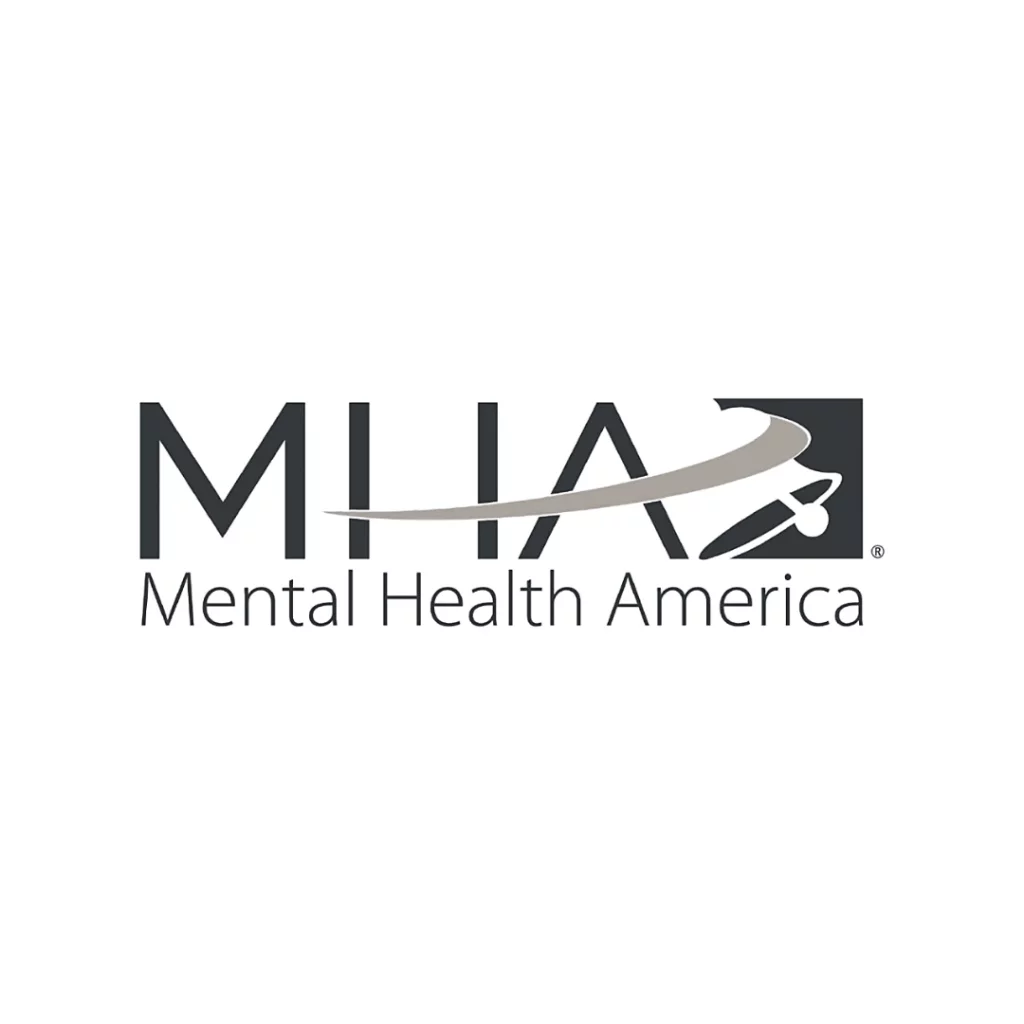Just over a week ago, the 988 Suicide and Crisis line went live. This important initiative will divert callers away from 911 and connect them to local mental health services, resources or alternative crisis responders. While this is a critical step forward in crisis response, we still have a lot of work to do, as only four states have passed legislation to fund 988 call centers, and many local mobile crisis programs have not been augmented to meet the demand that 988 will bring. As they stand, very few mobile crisis teams in the country are available 24/7 — few of them are able to reliably arrive to help an individual in crisis in less than one hour.
I’ve been handcuffed in the back of a police car twice in my life — both times during mental health crisis. I wasn’t violent, threatening to hurt myself or noncompliant. It was just the policy. After going through these experiences, I can speak (with personal experience) to why it is essential for us to invest in these lifesaving crisis response resources.
The Current State Of Mental Health Crisis Response
The first time, I was handcuffed at the height of a manic episode. I was extremely agitated; My mind and body were locked into high gear as I paced in circles and chattered on about everything that was running through my head. It had been hard to get more than an hour or two of sleep per night at that point, and I’d wake up drenched in sweat. I was exercising all the time and constantly in motion. As a result, I was rail-thin and on the low end of weight fluctuation that accompanied my bipolar disorder. But I hadn’t been diagnosed yet.
My girlfriend Meredith was justifiably concerned by my behavior. She had been trained as a Certified Nursing Assistant and worked as a patient care coordinator for a community health organization. So, when she couldn’t convince me to go with her to get assessed at a mental health facility, she thought about requesting a Crisis Intervention Team (CIT) officer. CITs are programs designed to teach law enforcement officers about different types of mental illness and how to use de-escalation and calming techniques to handle people experiencing a mental health crisis.
Meredith called 911,explained that this was a mental health crisis and requested that our responder have CIT training. Unfortunately, when the police arrived at the door, they were responding to what they thought was a domestic disturbance. When asked about CIT training, the lead officer seemed unfamiliar with the term.
By this time, I was sitting calmly at the kitchen table. I remember thinking that I should keep my hands visible, so I placed them on top of the table. To his credit, even without CIT training, the lead officer quickly assessed the situation and asked me what was going on, why they’d been called and if I could express what I thought might help. He talked with Meredith and asked her what she wanted them to do. She asked if they could help get me to a local mental health facility with a crisis stabilization center. He said they could. I agreed to go.
Then he said I’d have to go in handcuffs. Everything almost fell apart. I didn’t get belligerent or combative, but I didn’t want to do a “perp walk” in front of the neighbors. I eventually agreed, in no small part because I could see the toll this was all taking on Meredith.
My experience could have gone better — I did not do anything wrong and did not need to be restrained — but it also could have been much worse. And if I weren’t white, it could have been much, much, worse. Police are five times more likely to shoot and kill unarmed Black men over age 54 than unarmed white men the same age. Police are also more likely to shoot and kill unarmed Black men who exhibit signs of mental illness compared to white men with similar behaviors.
What We Need Moving Forward
CIT isn’t the only alternative approach to dealing with mental health crises. For example, co-responder programs embed mental health professionals into patrol divisions so that a law enforcement officer and a mental health professional can respond to crises as two-person teams. There are also Crisis Assistance Helping Out on The Streets (CAHOOTS) programs that respond with two-person teams, but with someone skilled in counseling and de-escalation techniques paired with a medic who is either an EMT or a nurse.
Some of the data I saw presented showed that every alternative program studied has provided better outcomes than the traditional approach, with CIT appearing to be most effective in reducing arrests of people with mental illness and increasing the likelihood that individuals will receive mental health services. Among law enforcement officers who have undergone CIT training, 82% believe the training should be mandatory. The element of training that CIT-trained law enforcement officers perceive to be the most beneficial in responding to mental health crisis calls is, by far, the program’s training in de-escalation skills for first responders.
Moving forward, we need adequate funding for mobile crisis services, whether through legislation, Medicaid reimbursements or nontraditional funding mechanisms. For example, some funding programs for 911 are still based only on fees from landlines. Since cellular accounts are responsible for more than 80% of total telephone spending, including fees based on cellular service accounts can significantly boost funding.
When done well, mobile crisis services save money by putting resources to work where they are most effective. They also reduce officer injuries by up to 80% and, critically, save lives. It’s time they became the norm.
Ready to get started?
We offer comprehensive online mental health treatment options to meet all your needs.
Online Therapy
Ongoing support from a licensed provider.
Couples Therapy
Relationship-centered counseling that connects you and your partner.
Teen Therapy
Specialized counseling for teens between the ages of 13-17.
How helpingtalks works

1. Fill in our contact form
Let us know what you want to talk about? We’re here to listen to you!

2. Personalized match
We’ll find the best counselor for you (within 48 hours) who will send you a message.

3. Chat with your listener
Have a short introductory video call with your assigned counselor.

4. Get better
Start the journey towards a happier you.
We are ready to listen to you
Tell us why you’re looking for help today or what type of service you are looking for?
I feel anxious or panicky
I’m having trouble in my relationship
I’m grieving over a traumatic experience
I’m having trouble sleeping
I struggle with addiction or substance abuse
I feel down or depressed
I’m stressed about work or school
I want to improve my self-esteem
I want to improve my mental health
I have trouble eating properly
I want to better control my anger
I want to talk about a chronic illness.
I am having mood swings
I have a conflict or problem in the family
I want to talk about LGBTQIA+
I often feel lonely, even among others
I want to talk about something else
Request to be contacted
Not sure how to get started? Fill in your information below and one of our team will be in touch soon.

Professional, licensed counselors who you can trust
Our network of counselors & therapists cover a range of specialties to meet your specific needs. They are ready to listen to you so get matched today!

Are you a provider? Join our network
Mental health made for everyone.
Discover counseling experiences from people all over the world who took the journey to improve their mental health with Helpingtalks.com and share your own story to help break the stigma.
Delphine S.
Me and my boyfriend were having problems for a while but with the help of #helpingtalks counselor Li, we are now stronger than ever and about to be married!
A. Ross
I really look forward to the talks with my therapist from #helpingtalks!
Kara G.
Thanks to #Helpingtalks I am now feeling a lot better talking to their counselor.
Drew G. Davis
Starting with #helpingtalks has really helped me cope better with my work stress! I weekly schedule with their counselor. Certainly recommend it.
Edward C.
Nobody should keep mental health problems to themselves. These guys at #helpingtalks really listen!
Bridgette L.
I really love talking to my counselor from #Helpingtalks.com, they really listen to me.
Zane Z
I wasn't sure if I would ever get better until I discovered #helpingtalks and finally someone understands! I'm already doing better.
Matt B.
Thank you #helpingtalks for everything you did!
JD. Benjamin
I'm so happy to started counseling with #helpingtalks, it wasn't easy for me to talk about depression but now I feel lots better!
Awarded Mental Health Counseling
100% online, in collaboration with





Clinically proven counseling results
Helpingtalks vs. face-to-face therapy
80%
found HelpingTalks to be as effective or more effective than traditional therapy.
98%
found HelpingTalks to be more convenient than traditional therapy.
Sources: Journal of Telemedicine e-Health
Proven Work & School Benefits
Helpingtalks reduces stress & anxiety
99%
After 12 weeks, employees reported feeling more energized, productive, and engaged.
+36%
increase in productivity, +39% work life balance & 50% less work hours missed!
Online Counseling Services
Helpingtalks.com offers certified and licensed counselors for a variety of virtual & online counseling services, browse our categories below. We look forward to hearing from you!
Online Counselling . Virtual Counselling . Telehealth Counselling . Individual Counselling . Talking Therapies . Telehealth Therapy . Therapy Sessions . Therapist near me . Counsellor near me . Psychotherapy . Cognitive Behavioural Therapy (CBT) . Acceptance and Commitment Therapy (ACT) . Adjustment Disorder . Compulsive Lying Treatment . Transgender Therapy . Personal Therapy . Private Therapy . Private Practitioners . LCSW Counseling





